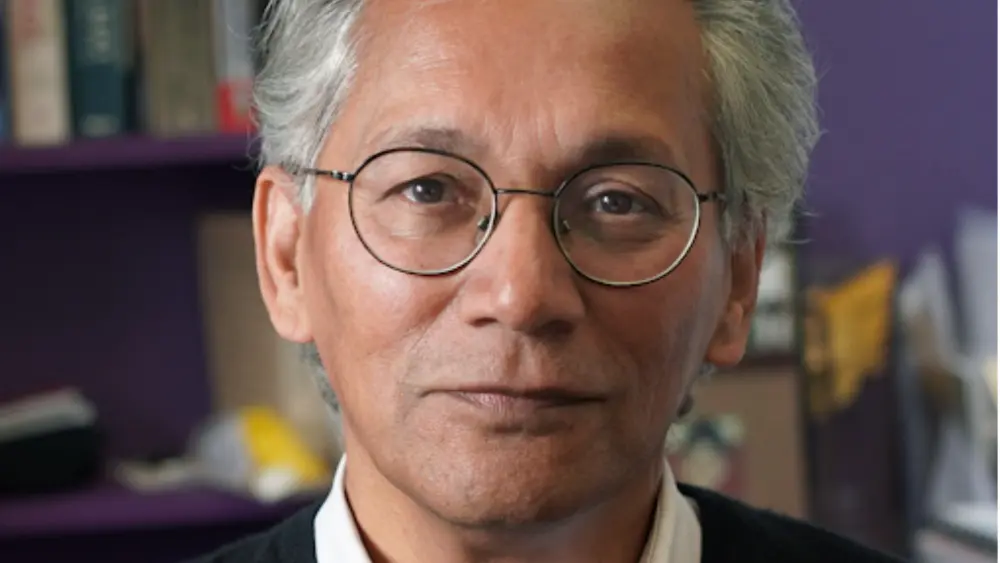BBC chair vows reform: tackling unacceptable behavior and fortifying journalistic integrity
The BBC’s new chair, Samir Shah, has committed to addressing the deep-rooted issues of unacceptable behavior within the organization, following the high-profile Huw Edwards scandal. The scandal has cast a long shadow over the reputation of the broadcaster, necessitating urgent and comprehensive action.
The Edwards scandal and its repercussions
Huw Edwards, formerly the BBC’s most prominent and highly-paid news anchor, found himself embroiled in a scandal involving allegations of paying a teenager for explicit photographs. This situation forced him on medical leave and led to a subsequent conviction for producing indecent images of children. Though he narrowly avoided prison, the damage to both his reputation and that of the BBC was substantial.
However, this scandal is not an isolated incident. Over the years, the BBC has seen its fair share of controversies, including those involving alleged misconduct by prominent personalities like Jimmy Savile, Russell Brand, Rolf Harris, and DJ Tim Westwood.
Shah’s proactive measures and remarks
Eight months into his role as BBC chair, Samir Shah addressed these ongoing concerns during a speech at the Leeds Conservatoire, focusing on the future of U.K. public service broadcasting. Without directly mentioning Edwards, Shah acknowledged the troubling legacy of misconduct within the BBC.
A determined commitment to change
“The BBC Board and I take these matters very seriously and are resolute in our determination to root out abuses of power,” said Shah. He emphasized that, while there has been significant progress in recent years, there is still a lingering perception that powerful individuals can evade accountability. He stressed the importance of swift and visible action when someone crosses ethical or legal lines.
To catalyze this change, the BBC has initiated an external review of its workplace culture, signaling serious intent to overhaul existing practices and safeguard its employees.
Emphasizing journalistic integrity
In addition to addressing internal misconduct, Shah underscored his commitment to maintaining journalistic impartiality, especially on contentious issues like the Middle East conflict. “In these deeply polarized times, we must double down on the defining qualities of impartial journalism: accuracy, truth-seeking, and respecting diverse opinions,” Shah asserted.
A recent 60-page report by a former BBC television director highlighted repeated failures in the broadcaster’s coverage of the Gaza conflict, reinforcing the need for stringent journalistic standards.
The balance of local and global content
Shah also spoke about the importance of local content in a global media landscape dominated by U.S. streaming giants like “Slow Horses” and “Stranger Things.” While acknowledging the enriching variety offered by international platforms, he warned that global market priorities often sideline local narratives.
To counterbalance this, Shah plans to collaborate with other public service broadcasters to secure more prominent placement for PSB content on smart TVs. Additionally, he aims to lobby the government for more flexibility in the BBC’s commercial endeavors.
The funding dilemma
Given that the BBC is funded by mandatory license fees from the U.K. public, Shah’s proposed measures will require a careful balance of public interest and financial sustainability. The goal is to ensure that the broadcaster can continue delivering high-quality, impartial journalism while maintaining robust internal ethics.
By addressing both internal misconduct and external journalistic standards, Shah’s multifaceted approach aims to restore the BBC’s standing as a beacon of integrity and impartiality in the media landscape.
For those keen to stay informed and be part of this transformative journey, sharing this article on social media is a great way to keep the conversation going and encourage broader engagement with these pivotal changes at the BBC.

 Italian
Italian







